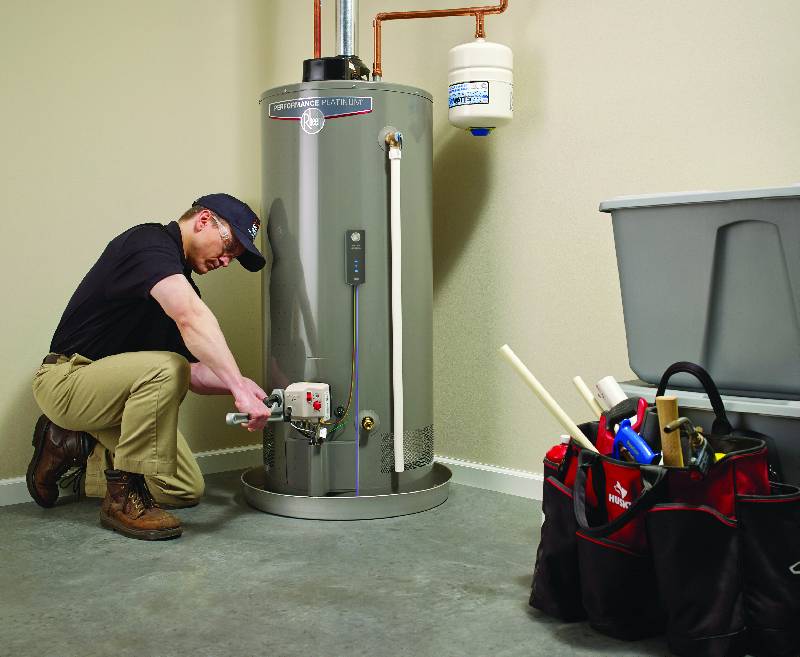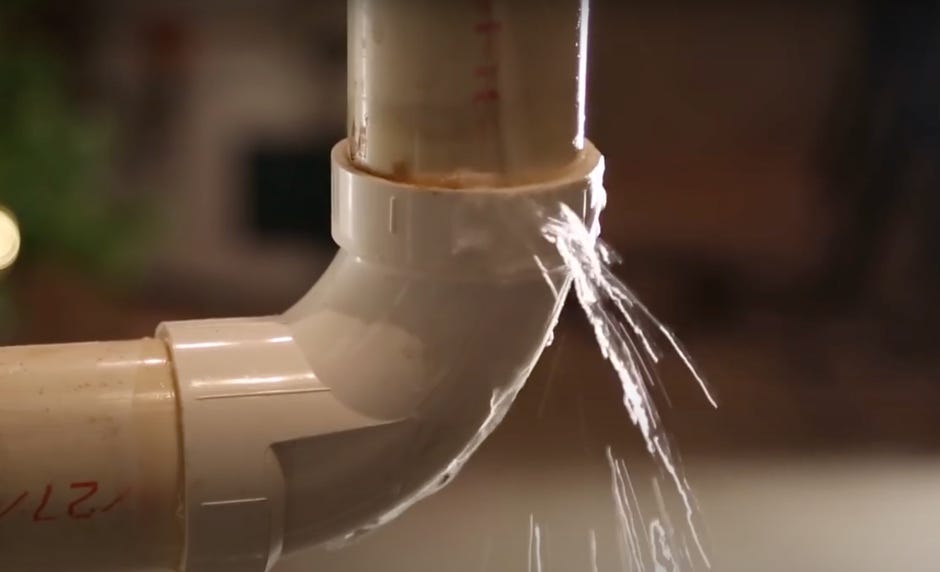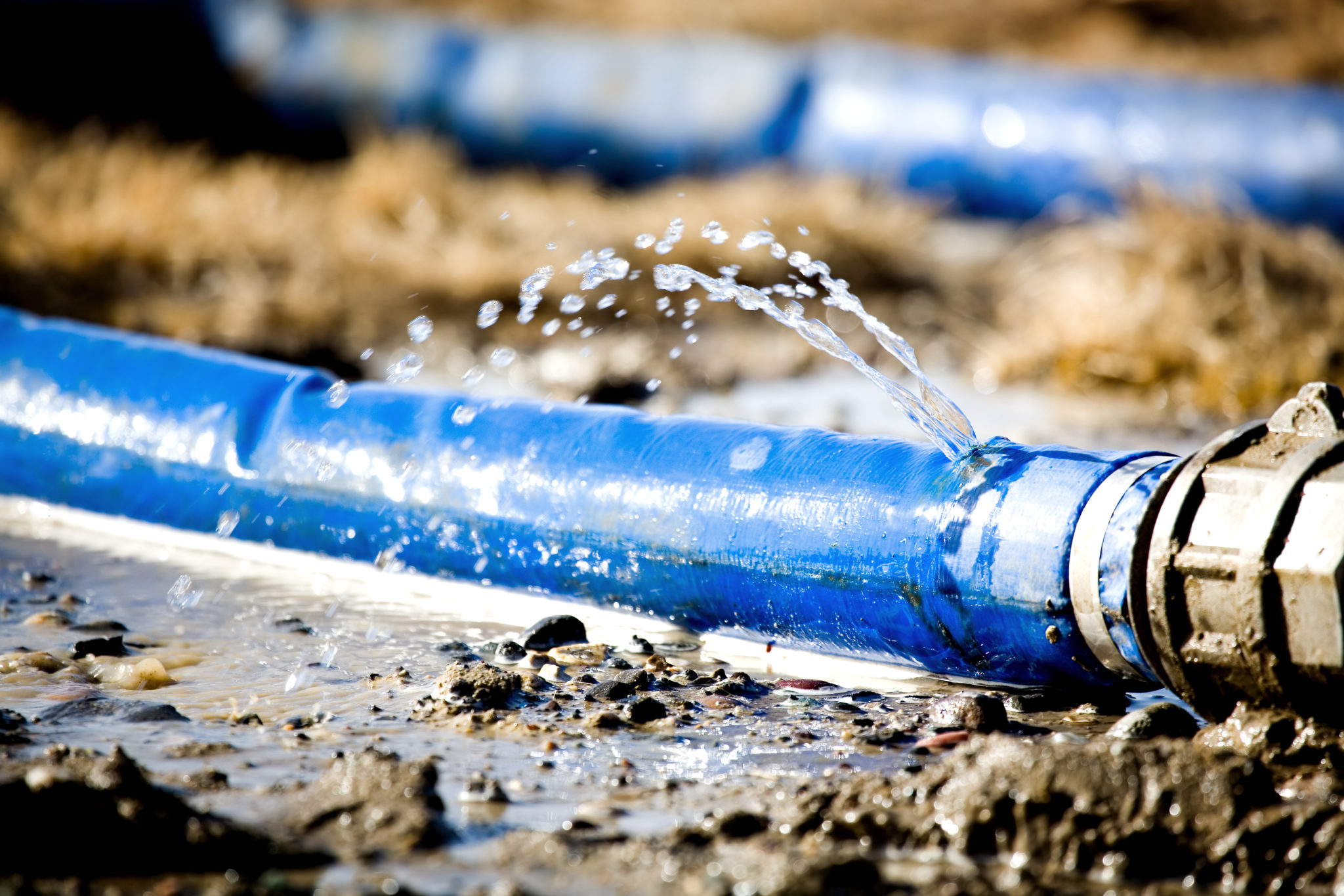The content below relating to Water Heater Repair and Troubleshooting is immensely engaging. Read on and make your own personal final thoughts.

Picture starting your day without your regular hot shower. That already sets an inadequate tone for the rest of your day.
Every house needs a trustworthy hot water heater, however just a couple of recognize just how to manage one. One easy means to keep your hot water heater in leading shape is to look for faults consistently as well as fix them as soon as they show up.
Bear in mind to turn off your hot water heater before smelling about for faults. These are the hot water heater faults you are probably to experience.
Water too hot or too cool
Every hot water heater has a thermostat that identifies exactly how hot the water gets. If the water entering into your home is too warm regardless of setting a hassle-free maximum temperature, your thermostat might be damaged.
On the other hand, too cold water may be because of a stopped working thermostat, a damaged circuit, or improper gas circulation. For example, if you make use of a gas water heater with a broken pilot burner, you would obtain cold water, even if the thermostat remains in excellent condition. For electrical heating systems, a blown fuse might be the culprit.
Inadequate warm water
Water heaters been available in several sizes, depending upon your hot water needs. If you lack hot water before everyone has actually had a bath, your hot water heater is as well tiny for your family size. You ought to think about mounting a larger water heater container or choosing a tankless water heater, which takes up much less area as well as is extra durable.
Strange sounds
There are at the very least 5 type of sounds you can hear from a water heater, however one of the most usual interpretation is that it's time for the water heater to retire.
To start with, you need to be familiar with the typical seems a hot water heater makes. An electric heating unit might appear various from a gas-powered one.
Standing out or banging audios usually indicate there is a slab of debris in your containers, and also it's time to cleanse it out. On the other hand, whistling or hissing sounds may merely be your valves letting some stress off.
Water leaks
Leakages could come from pipelines, water connections, valves, or in the worst-case scenario, the storage tank itself. Gradually, water will wear away the storage tank, as well as find its way out. If this takes place, you need to change your hot water heater as soon as possible.
However, prior to your change your entire storage tank, make sure that all pipelines are in location which each valve functions perfectly. If you still require assistance identifying a leak, call your plumber.
Rust-colored water
Rust-colored water implies one of your water heater elements is worn away. It could be the anode pole, or the tank itself. Your plumber will have the ability to identify which it is.
Lukewarm water
No matter how high you established the thermostat, you won't get any type of hot water out of a heating system well past its prime. A water heater's efficiency may reduce with time.
You will certainly also get lukewarm water if your pipelines have a cross link. This means that when you turn on a faucet, hot water from the heating unit moves in together with regular, cold water. A cross connection is very easy to place. If your hot water faucets still pursue shutting the hot water heater shutoffs, you have a cross link.
Discoloured Water
Corrosion is a significant source of unclean or discoloured water. Rust within the water tank or a failing anode rod could trigger this discolouration. The anode pole shields the tank from rusting on the inside as well as should be inspected annual. Without a rod or an effectively working anode rod, the hot water swiftly rusts inside the storage tank. Contact a specialist hot water heater technician to figure out if replacing the anode pole will certainly repair the trouble; otherwise, replace your water heater.
Conclusion
Preferably, your water heater can last one decade before you need an adjustment. Nonetheless, after the 10-year mark, you might experience any one of these mistakes extra routinely. At this moment, you must include a new water heater to your budget.
5 Most Common Water Heater Problems
No Hot Water
Turning on your shower only to be doused with an intense wave of cold water never fails to surprise homeowners. When your shower or faucets fail to warm up, it likely means that your electric water heater has a broken heating element somewhere in your system. When one of these elements malfunctions, your water heater will fail to disperse water throughout your home completely.
If your water heater isn’t working at all, the first thing you want to do is to ensure that your pilot light is on. If it is out, simply turn it on. If the pilot light is working and you’re not getting hot water, it indicates a greater problem, and you should contact an expert local contractor like Einstein Plumbing and Heating for help.
Not Enough Hot Water
Running out of hot water is frustrating, and a few different issues can cause it. In this issue, your water heater’s thermostat may not be functioning properly, or your water heater is likely too small. Your only options would be to reduce your hot water usage or get a larger water heater tank to provide more for your home.
Occasionally, you might have a cracked dip tube that needs professional assistance to repair. Dip tubes take cold water and push it to the bottom of the tank to be heated. A cracked tube might release the water into the middle or top of your tank, and you’ll feel the cold water instead of heated water.
Homeowners investing in a bigger water heater might want to look into a tankless water heater. Tankless water heaters are a bit more pricey, but you will never run out of hot water, and it’s worth the investment if you know you need a lot of hot water or want the peace of mind to not worry about a lack of hot water.
The Water Is Colored
Rusty-colored water tells you that your tank is now rusting and corroding away, and your water heater isn’t working safely and effectively for your home. The most likely solution would be to replace your anode rod. An anode rod prevents rust from collecting in your tank, and fortunately, rotting issues are easily corrected if caught on time. As the rod begins to rot more and more, rust spreads to your tank, causing small cracks. These cracks in your system will eventually lead to a water heater tank leak.
Hot Water Heater Leaking
- A broken or stuck drain valve
- Too much water or temperature pressure in the tank
- Corrosion and rust
- Condensation build-up
- Bad gasket
- Loose heating element bolts
As a serious reader about Common Problems with Your Home Water Heater, I figured sharing that section was a smart idea. Those who appreciated our blog entry if you please don't forget to pass it around. I take joy in reading our article about Water Heater Repair and Troubleshooting.
The right fix? Ring!

